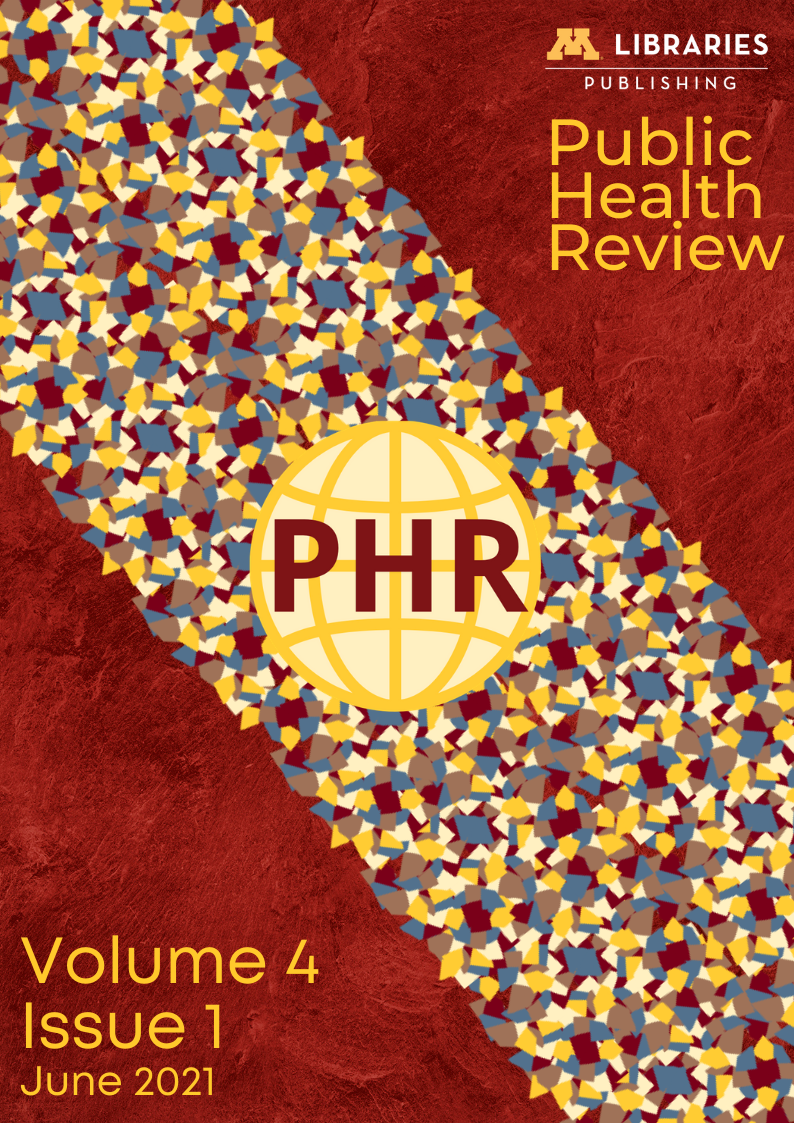Candida auris
An Emerging Antibiotic-Resistant Threat
Asha Elgonda
Graduate Student
Abstract
- Candida auris is a fungal pathogen that can cause serious infection in humans.
- According to the Centers for Disease Control and Prevention (CDC), C. auris is an emerging global health threat and has been isolated in over 40 countries.
- Clinical signs of C. auris infections include bloodstream infections, myocarditis, urinary tract infection, surgical wound infections, and skin abscesses.
- Microbiologists hypothesize C. auris may be multidrug-resistant due to its biofilm formation.
- Hospitalized ICU patients have a higher risk of contracting C. auris infection, which is especially seen with the current COVID-19 pandemic.
- The Minnesota Department of Health (MDH) and CDC are conducting surveillance of C. auris in hopes of preventing future outbreaks.



